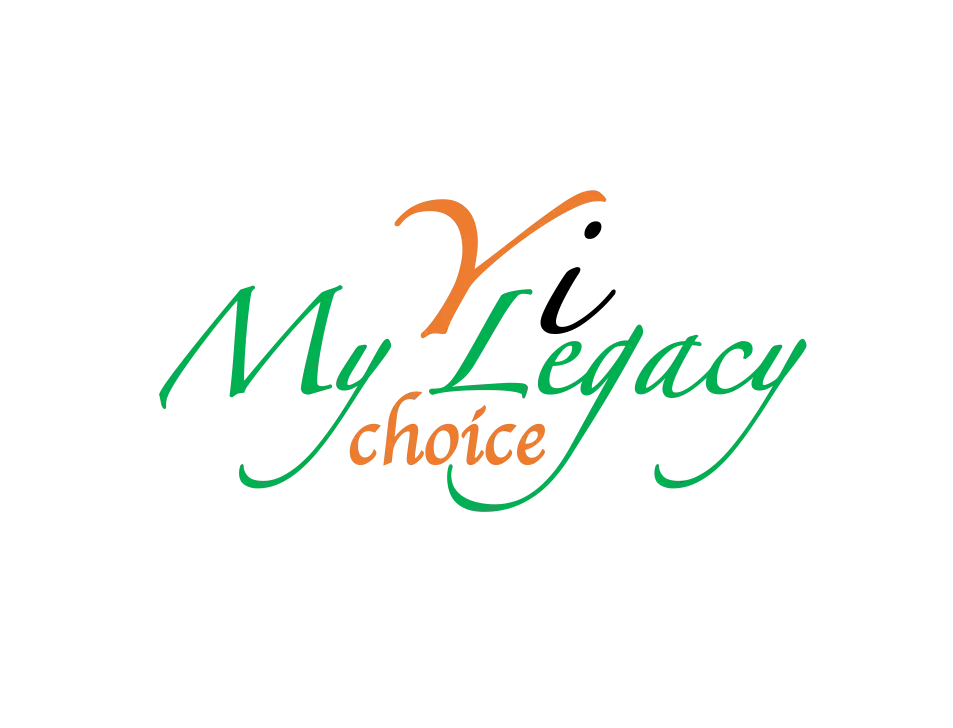According to Buddhist doctrine, there are Two Truth, the traditional truth, which we use to rationalise reality, and the ultimate truth, through which we experience reality.
These truths are not in conflict but instead represent two perspectives of existence, the philosophical and the ultimate.
The Traditional Truth
The traditional truth, also known as the philosophical perspective, helps us process and navigate the reality of everyday life. These are the stories use to explain the unexplainable and cope with questions like, “Why do things happen to us the way they do?”
This conventional reality provides comfort and guidance, but it is, by its very nature, a constructed perspective and not the essence of what is truly happening to us.
Take, for example, the device you are using to read this article. You might say, “This is my iPhone.” Meanwhile, Apple Inc. might argue, “That’s our iPhone.” Whose phone, is it? The answer may never truly be clear.
This type of reality is helpful, even necessary, for navigating life’s practicalities, but it falls short of revealing the actual essence of existence.
The Ultimate Truth
To bridge this surface-level understanding, we must grapple with the ultimate truth and ask questions that brings out the deeper awareness of what is happening in our lives. In my book, Legacy: The Choices We Make and The Life We Live, I define the ultimate truth as an awareness of choice.
This awareness of choice is the starting point in liberating ourselves and our minds. Unlike traditional truths, ultimate truth strips away assumptions and stories, bringing us face-to-face with the reality of our existence.
For instances, if God was to come today and take you, would you protest or would you gracefully hold his hand and ask him to lead the way?
Understanding the Ultimate Truth sometimes means asking deep-rooted questions, the questions you dare to ask yourself, the ones that pierce through your constructed reality: ‘If this day be my last, what impact would I be leaving behind? If today be my last, who will remember me? What will they remember me for?’
These questions, when asked, forces you to confront the essence of your life. Have you lived in alignment with your deeper truth, or have you been caught in the web of conventional narratives?
The Two Truths
Ironically, to grasp the ultimate truth, we must first wrestle with the conventional reality. The two truths are not opposites but steps in a journey. Traditional truth gives us the tools to cope, while ultimate truth gives us the clarity to rise.
And so, I challenge you, to beginning living your reality, to uncover your ultimate truth. I challenge you to think and reflect, what are the stories you will tell yourself on your death bed?
The path to ultimate truth is not easy, but it is liberating. It frees you to live with purpose, clarity, and peace. It’s an invitation to lead your life, not by default, but by design.
“Sometimes in life, we are faced with the questions of ageing, living with ourselves, or making family of our own. Often, we do not comprehend life’s mystery, nor trust the decisions we have made, or the choices we have modelled. Instead of living the life we envision, we find ourselves living a mediocre lifestyle, entertaining prosaic realities, accepting what is, without question nor clarity. This, we have become because we have not yet learnt the lesson life intended to teach.”




